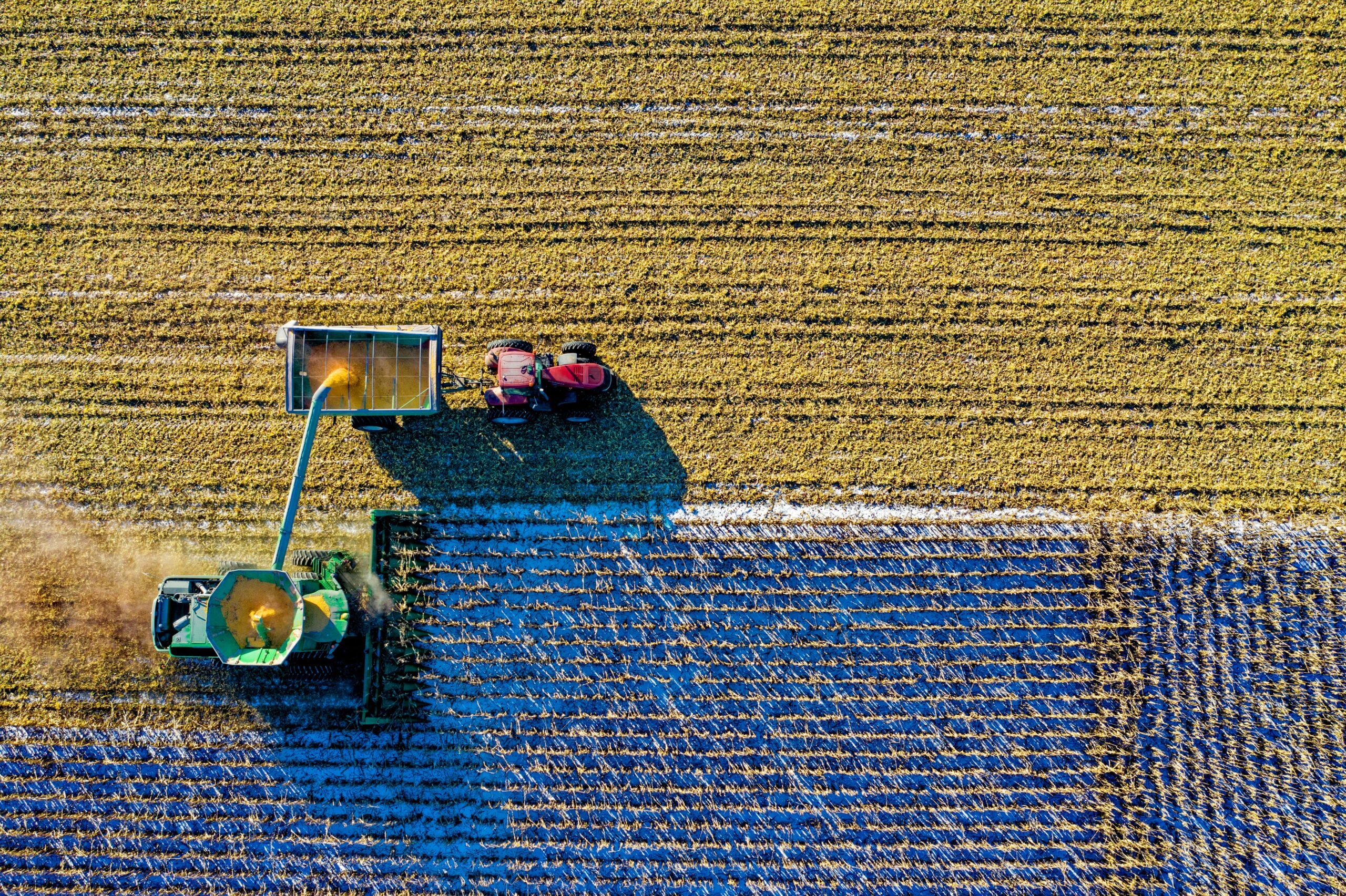
MEP Dömötör highlights risks of increased Ukrainian imports and unmonitored compliance with EU standards, urging protection for domestic agriculture.Continue reading

On Hungary’s initiative, the agriculture ministers of EU Member States bordering Ukraine have issued a joint statement calling on Brussels to protect European farmers from the unrestricted influx of Ukrainian agricultural products rather than protecting Ukraine’s interests.
Brussels is jeopardizing the livelihoods of Hungarian farmers, the survival of family farms, the future of rural life, and Hungarian food security, the Minister of Agriculture said in a video posted on his Facebook page on Wednesday. Brussels’ pro-Ukrainian policy could cause serious damage to European agriculture and farmers, and could result in more expensive, less reliable food and a more vulnerable Hungarian agricultural sector, István Nagy stressed.
He called the agreement, which was concluded behind the backs of the Member States and would drastically increase import quotas for sugar, poultry, eggs, wheat, and honey, unacceptable.
With this move, the Commission would be hammering the final nail into the coffin of farmers,”
the Minister warned.
Nagy pointed out that in contrast, Brussels should introduce automatically applicable regional protective measures to protect the markets of farmers in border areas, the most suitable tool for which is the application of individual quotas. A solution must also be found to the corn issue, because currently there is zero customs duty on this product, meaning it can flow into the EU without restriction, he noted.
He added that a minimum threshold should also be set to prevent imported Ukrainian goods from being sold below the cost of agricultural products produced in the EU.
A statement issued by the Ministry of Agriculture on Wednesday, quotes Nagy as saying:
Border Member States are convinced that it would be necessary to return to the trade agreement and quotas that were in place before the Russian-Ukrainian war.”
The Minister also noted that Ukraine should be required to comply with EU health, plant health, animal welfare, public health, and environmental regulations. In addition, the committee should set up a special financial fund to compensate EU producers for losses in the event of excessive imports from Ukraine, the politician said.
In the statement, Nagy recalled that European farmers have already experienced first-hand the market disruption and livelihood difficulties caused by the quantity and quality of agricultural products flowing unrestrictedly from Ukraine into the EU. These products have mainly accumulated in the so-called frontline countries neighboring Ukraine, undermining the competitiveness of local producers and leading to market distortions and the loss of their traditional export markets.
Nagy emphasized that at the initiative of Hungary, currently holding the V4 presidency, a joint statement was signed in Budapest calling on the European Commission to take farmers’ interests into account and protect their livelihoods.
We cannot serve Ukraine’s interests at the expense of our producers and risk our daily bread. The document therefore calls on Brussels to take immediate action,”
the Ministry said in the statement.
Balázs Orbán, the Prime Minister’s political director, has sharply criticized the European Commission’s decision to expand duty-free food import quotas for Ukraine, warning it poses a serious threat to EU farmers and market stability. In a post on X, he wrote the deal was made without consulting Member States and undermines European agricultural interests. The new agreement significantly increases quotas for several Ukrainian products, including sugar (from 20,000 to 100,000 tons), poultry, eggs, wheat, honey, and allows unlimited, zero-tariff corn imports, he warned. Ukrainian producers will also remain exempt from EU food safety, environmental, and health standards until 2028, he added.
Brussels just hammered the final nail into the coffin of EU agriculture.
While European farmers struggle with inflation, drought, and rising costs, the Commission struck a backroom deal with Kyiv—radically expanding duty-free food import quotas without consulting Member… pic.twitter.com/2kjgfk6ZGr
— Balázs Orbán (@BalazsOrban_HU) July 10, 2025
Amid rising costs, inflation, and climate-related pressures, Hungary and other border states argue that the policy unfairly disadvantages local farmers. He stressed that Hungary will maintain its national ban on Ukrainian imports until Brussels delivers a fair, enforceable, EU-wide solution.
The requests set out in the joint Budapest declaration of the border Member States will be discussed on Monday in Brussels at the meeting of the Agriculture and Fisheries Council.
Via MTI, Featured image: Pixabay